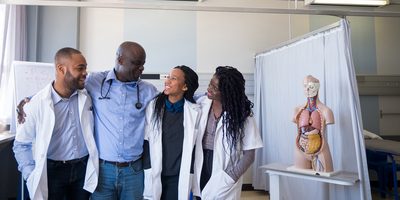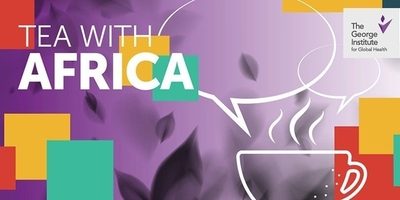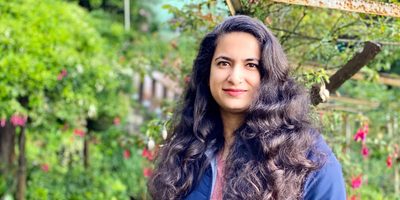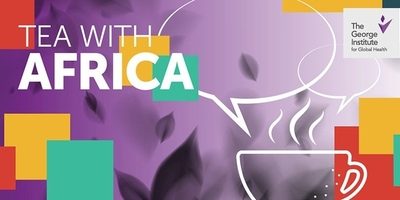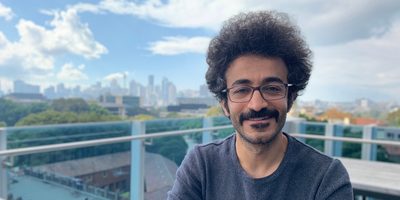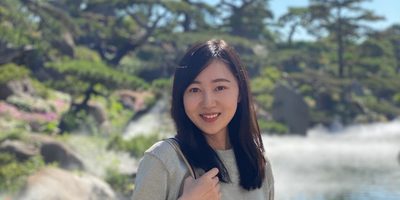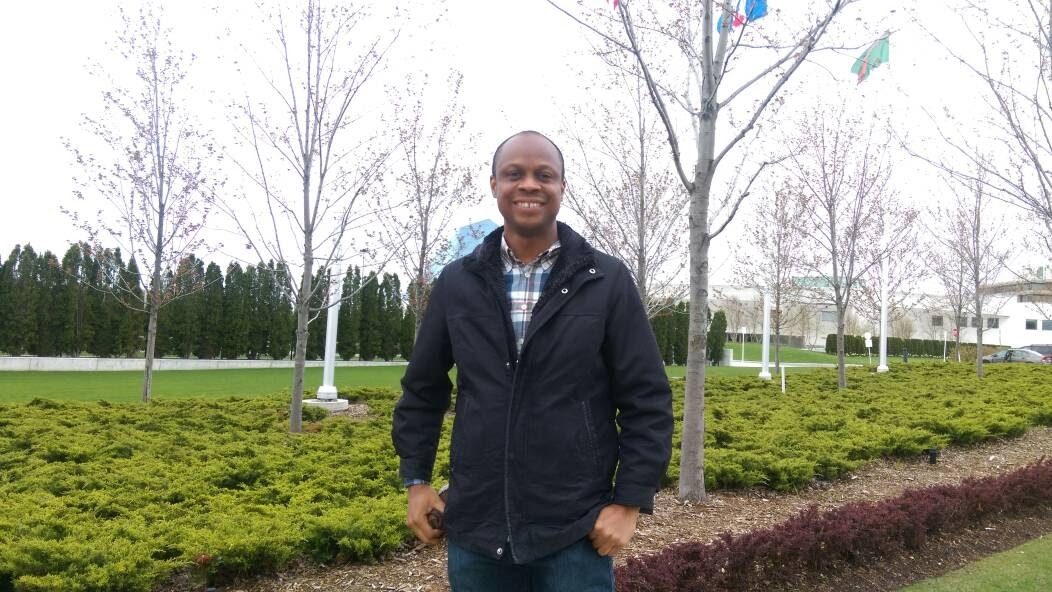
Meet Kenneth Yakubu: Emerging thought leader co-driving The George’s Africa initiative
Kenneth Yakubu is a research assistant & PhD candidate in the Health Systems Science Unit at The George Institute. A trained family physician, Yakubu recalls his earliest memories growing up in Zaria in North-Western Nigeria and how the experience drew him to medicine as a path to help his community. He is currently co-leading the Institute’s Africa Initiative to expand research engagement in the continent. He is passionate about establishing institutional partnerships that are authentic and enable research that is owned and done by local researchers to improve health in their communities.
How did your early life in Africa shape your interest in medicine?
While growing up in Zaria, it felt like the city was constantly stretched between two cultures: its traditional heritage shaped by Islam and the Hausa culture, and a counterculture promoted by those that had migrated from other parts of the country who were predominantly Christian. Zaria was renowned for its agriculture and textile industries, but with the country’s shift to a crude-oil based-economy, the income of many indigenous people suffered a hit leading to a rise in poverty rates, mortalities, morbidities, and long waiting lines at the public hospitals. I did not think I could tackle the political and economic factors that led to this but thought one way of bringing relief and ease to the suffering I saw around me was through a personal, family and community-oriented medical practice. This thinking inspired my career choice in medicine.
You trained as a family physician, what inspired you towards health research?
I trained as a family physician in Nigeria. While I enjoyed the variety of clinical encounters in primary care, I always had unanswered questions about patient care at the end of a workday. Research became a way of understanding my work environment, the complexity of patient care, and supporting my colleagues to do their jobs better. Conducting research also helped me deal with my frustrations working in a resource-constrained health system.
Tell us about your current research focus?
I co-lead a new initiative aimed at expanding TGI’s partnerships in Africa. As a PhD Candidate and Research Assistant, my research focuses on human rights-based perspectives for interpreting and addressing global shortages of skilled health workers. It also explores innovative approaches for increasing non-physician health workers’ role in providing health care.
Tell us about the Africa initiative and what impact you hope to create with it
This initiative is led by a working and advisory group with members who were born, trained, have worked, and lived in different African countries. We want to leverage our expertise in non-communicable diseases and injury, and that of our future partners, to add value to the region.
There is a tendency for any initiative to focus on activities and tasks alone. However, if we want to make positive impact within an African context, we need to be authentic in our partnerships and attribute credit where it is due. We cannot just go in with our own agenda and preconceived ideas of how to solve problems - there are core principles that should shape our engagement.
What does ‘thought leadership’ mean to you?
As a family physician, I know too well that my ability to offer value to my patients depends on how much I know them, their families, and their community. As an emerging health systems researcher, I know it is not all about our interventions. It’s about people.
So when I think of thought leadership, I think about engaging with people and understanding their beliefs and needs. I think of creating opportunities for communication and stirring conversations towards collaborative learning. Every “successful” health system I have studied started with thought leadership. I want to play a role in promoting collaborative learning between health systems in the global north and south, drawing us closer to an attainment of health equity and social justice.
What impact do you hope to achieve with your work?
Health promotion is not just about access to health services but also about the conditions necessary for healthy living. It is a fundamental human right. Through my research, I hope to influence current thinking about the right to health, helping relevant stakeholders see it as a collective responsibility that should involve ordinary people on the street, community groups, civil society organisations, health practitioners, and policymakers.


